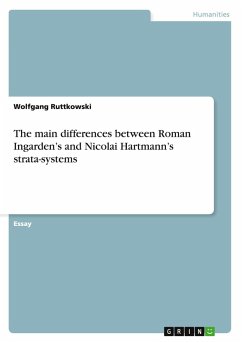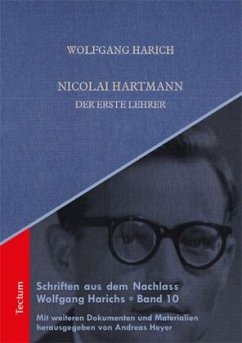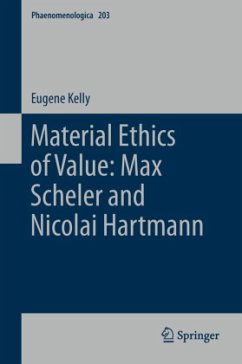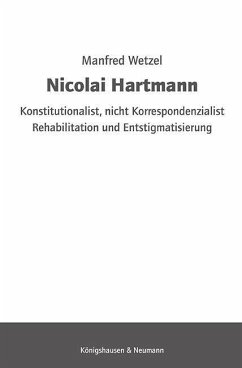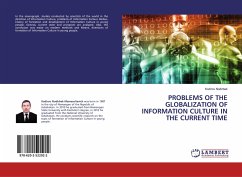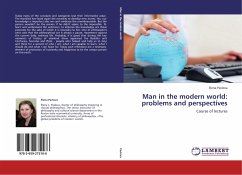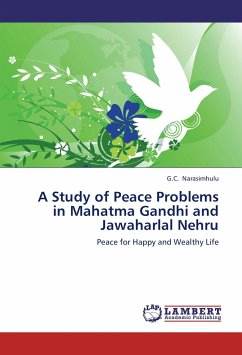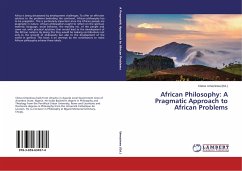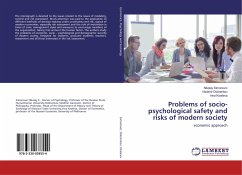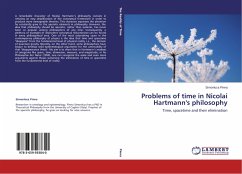
Problems of time in Nicolai Hartmann's philosophy
Time, spacetime and their elimination
Versandkostenfrei!
Versandfertig in 6-10 Tagen
41,99 €
inkl. MwSt.

PAYBACK Punkte
21 °P sammeln!
A remarkable character of Nicolai Hartmann's philosophy consists in refusing an easy simplification of the conceptual framework in order to produce more manageable theories. This character expresses the attention he constantly gave to the aporetic elements in philosophy. However, the idea that philosophy should be aporetic, rather than systemic, has never been so popular among philosophers of any time. Consequently, a plethora of examples of imprudent conceptual reductionism can be found in every philosophical area. One of the most astonishing cases in the contemporary philosophy of physics is...
A remarkable character of Nicolai Hartmann's philosophy consists in refusing an easy simplification of the conceptual framework in order to produce more manageable theories. This character expresses the attention he constantly gave to the aporetic elements in philosophy. However, the idea that philosophy should be aporetic, rather than systemic, has never been so popular among philosophers of any time. Consequently, a plethora of examples of imprudent conceptual reductionism can be found in every philosophical area. One of the most astonishing cases in the contemporary philosophy of physics is the idea that time and spacetime "disappear" from the fundamental level of physical reality, i.e., the domain of quantum gravity. Recently, on the other hand, some philosophers have begun to develop solid epistemological arguments for the untenability of that "disappearance thesis". My aim is to show that in Hartmann's analyses of categories like space, time, dimension, measure, and magnitude, in his Philosophie der Natur (1950), one can recognize the same and even more arguments against theses sustaining the elimination of time or spacetime from the fundamental level of reality.



